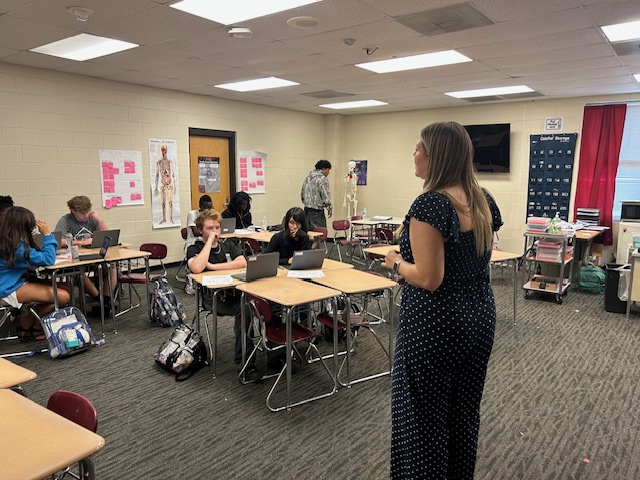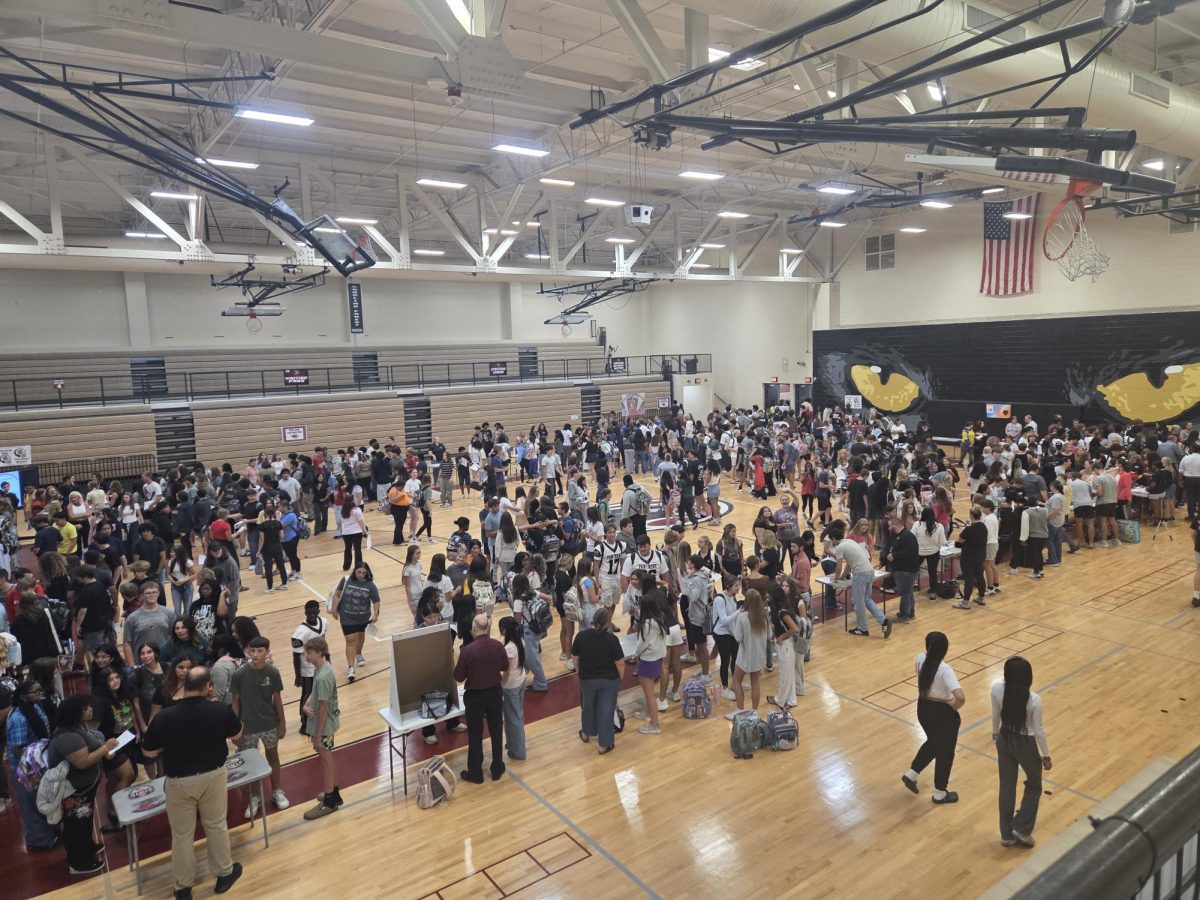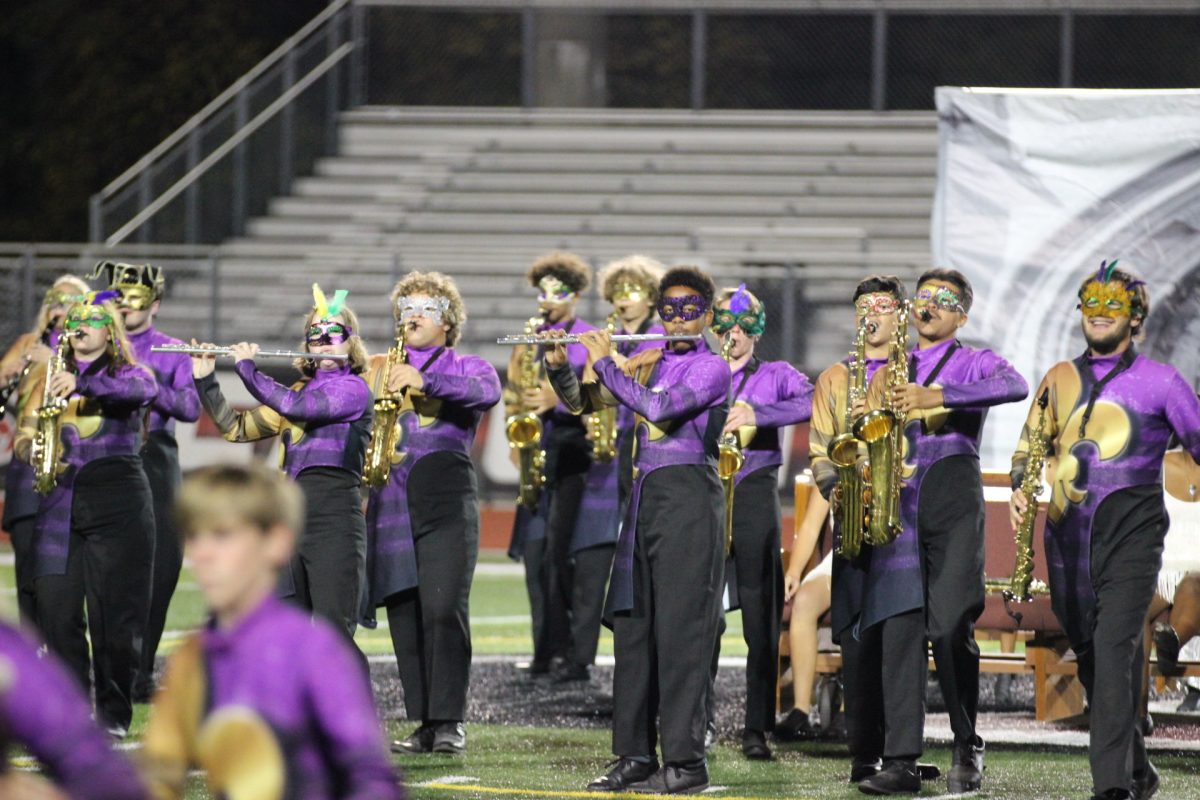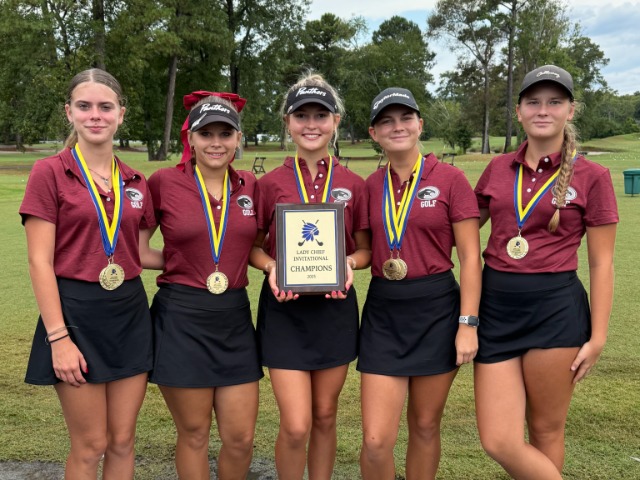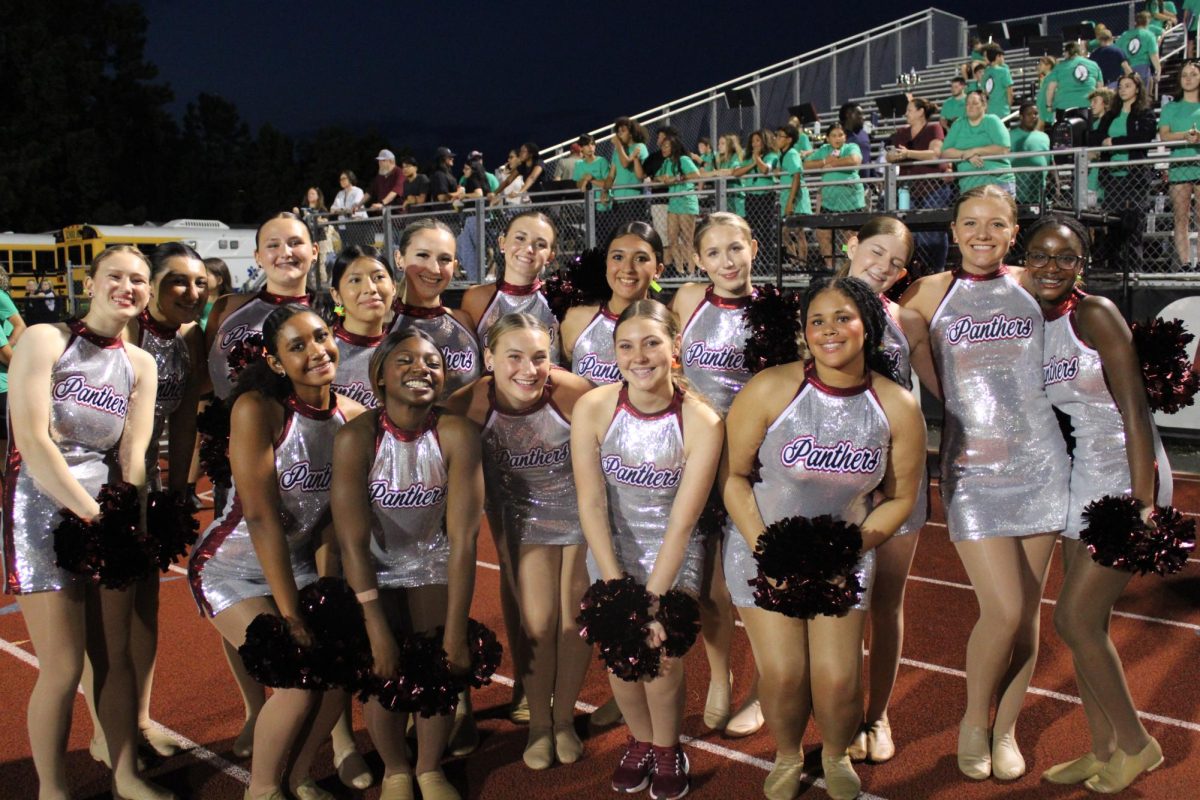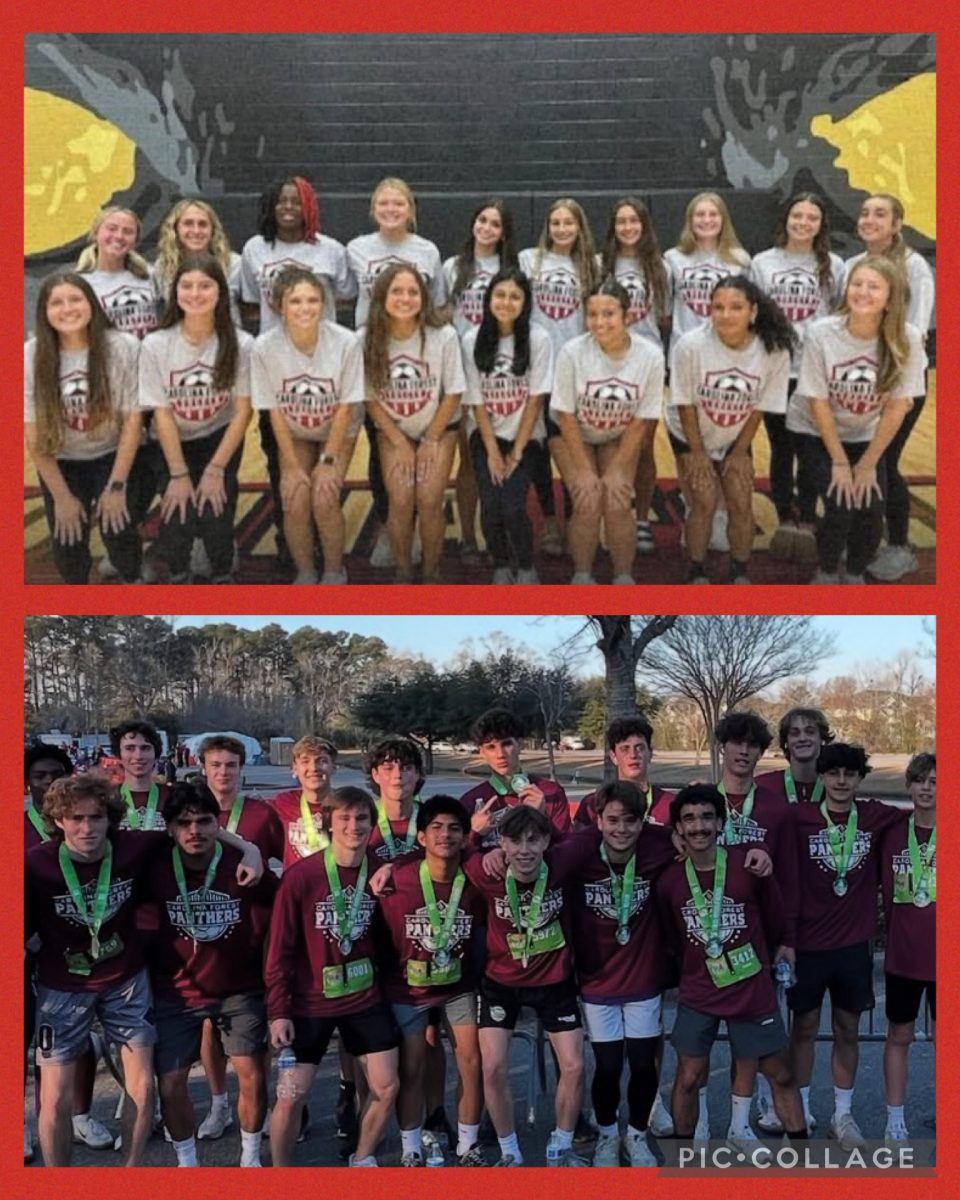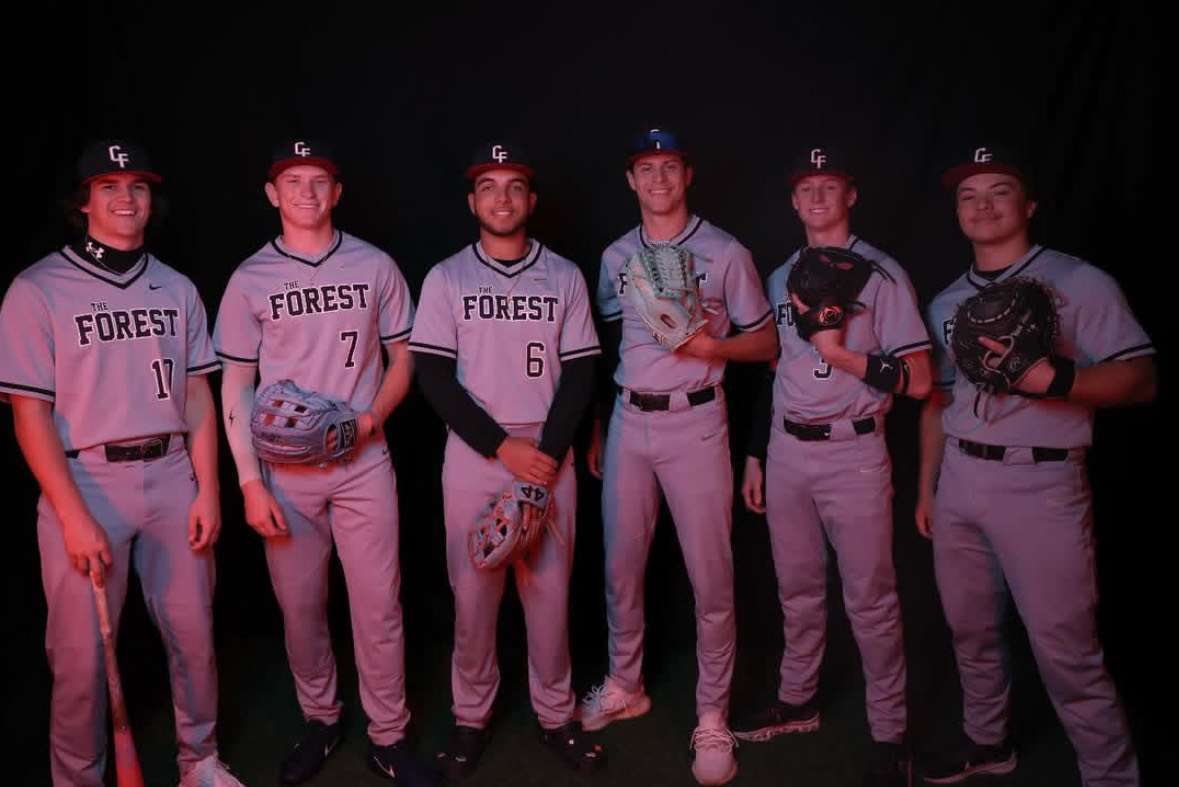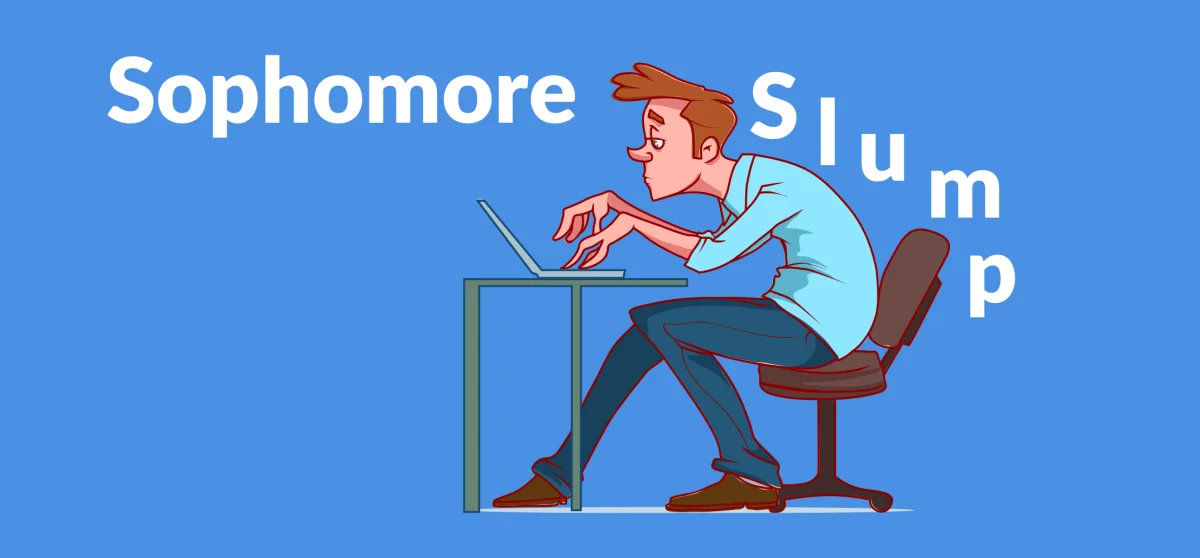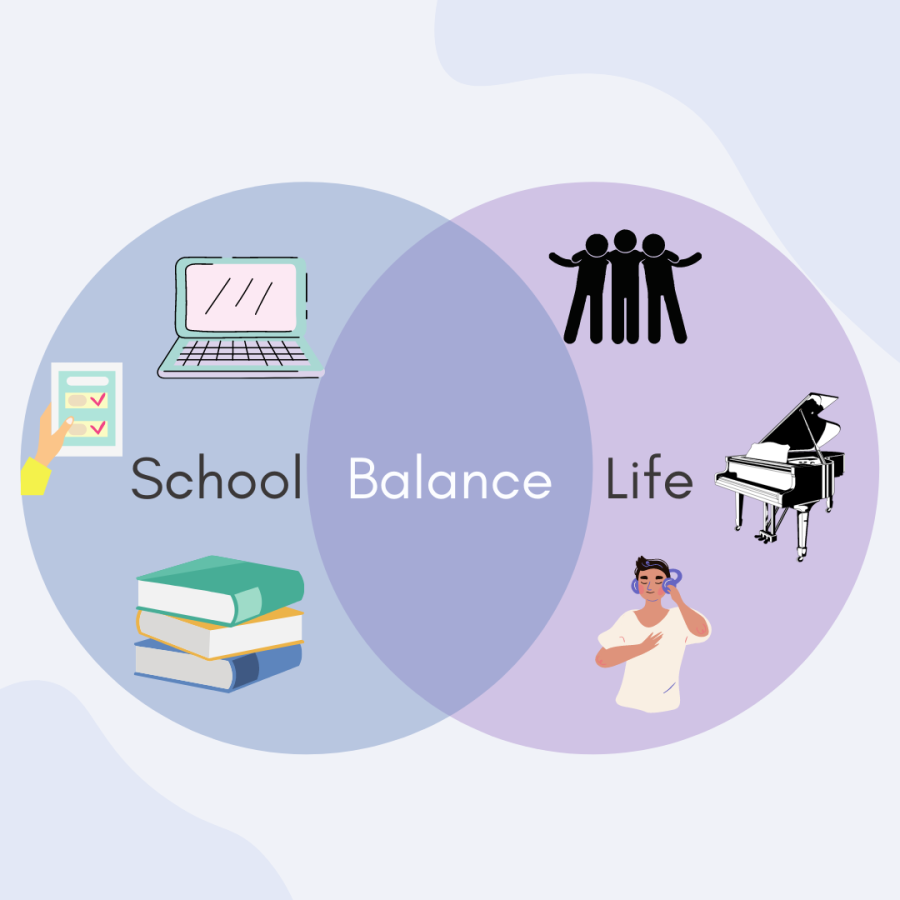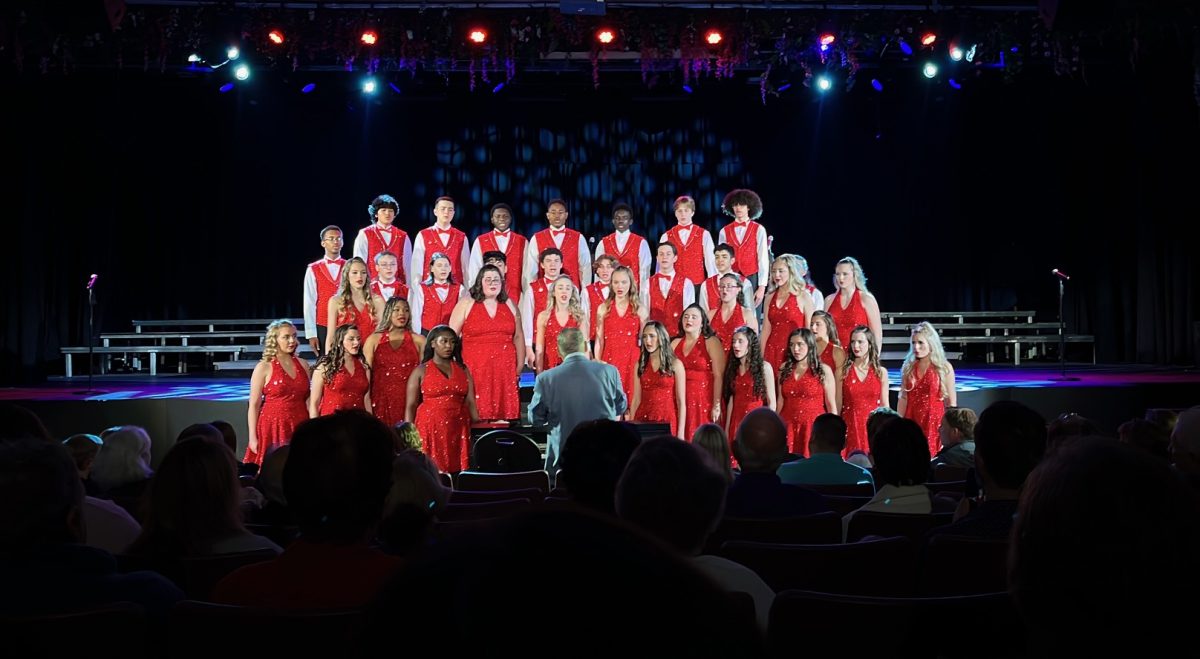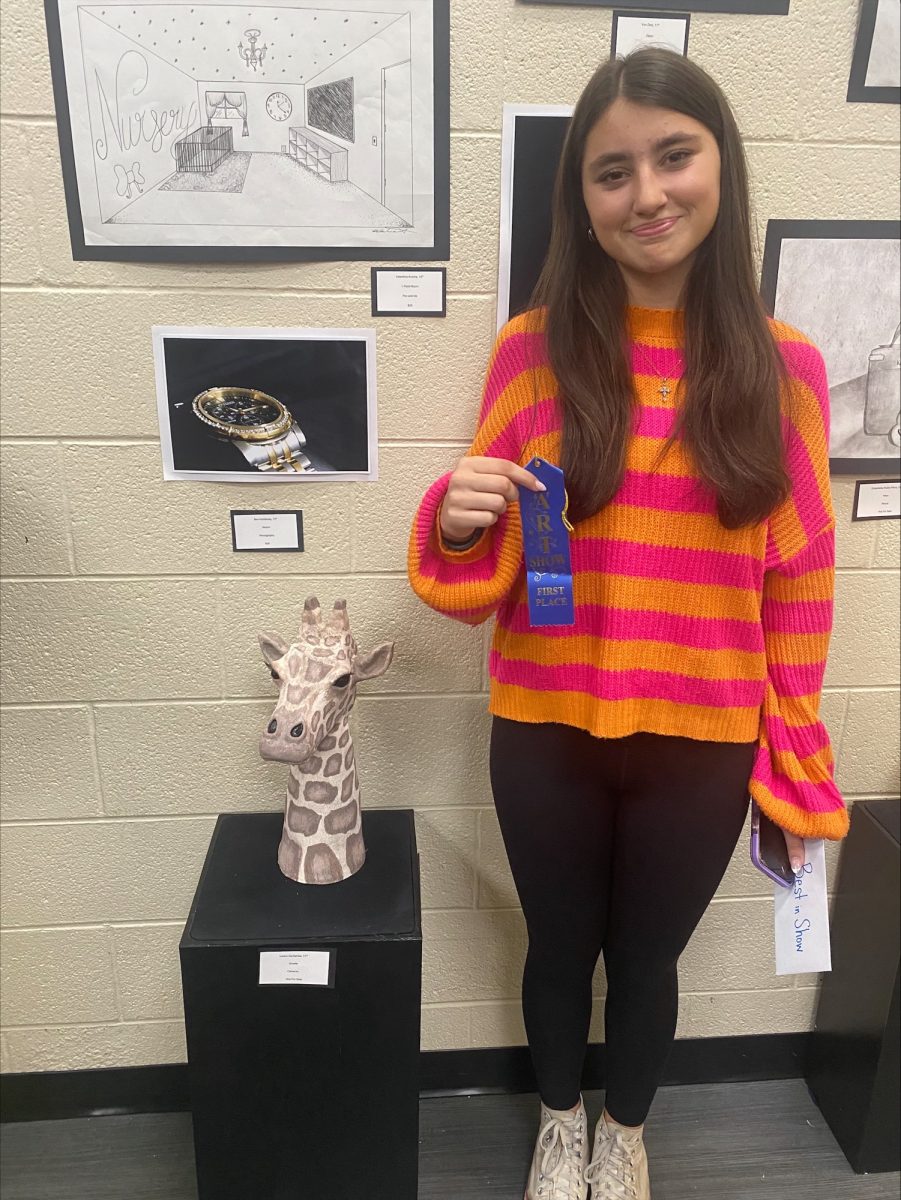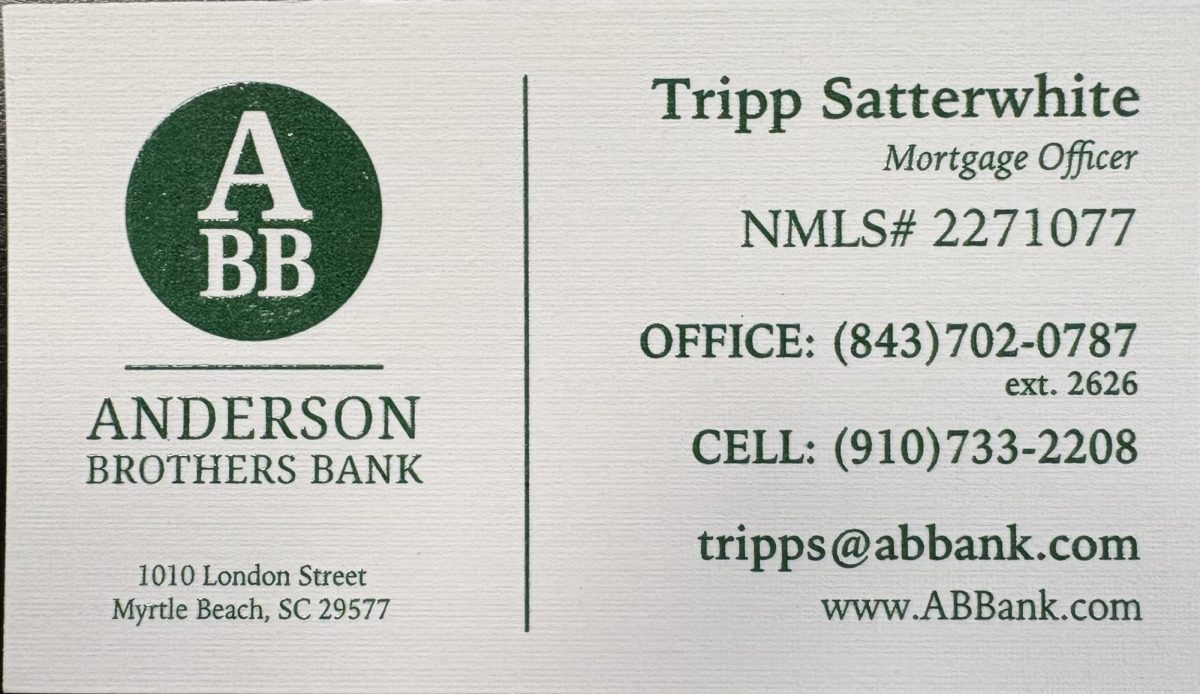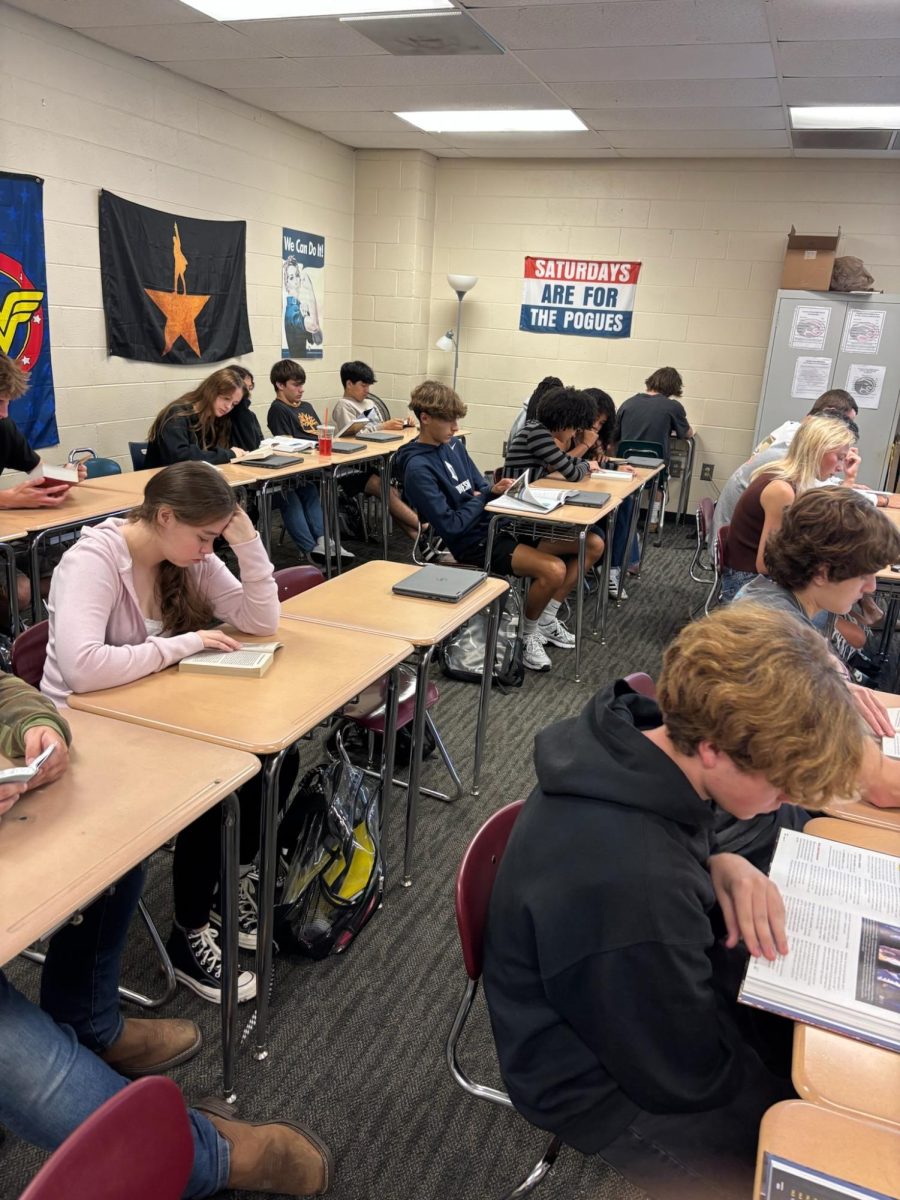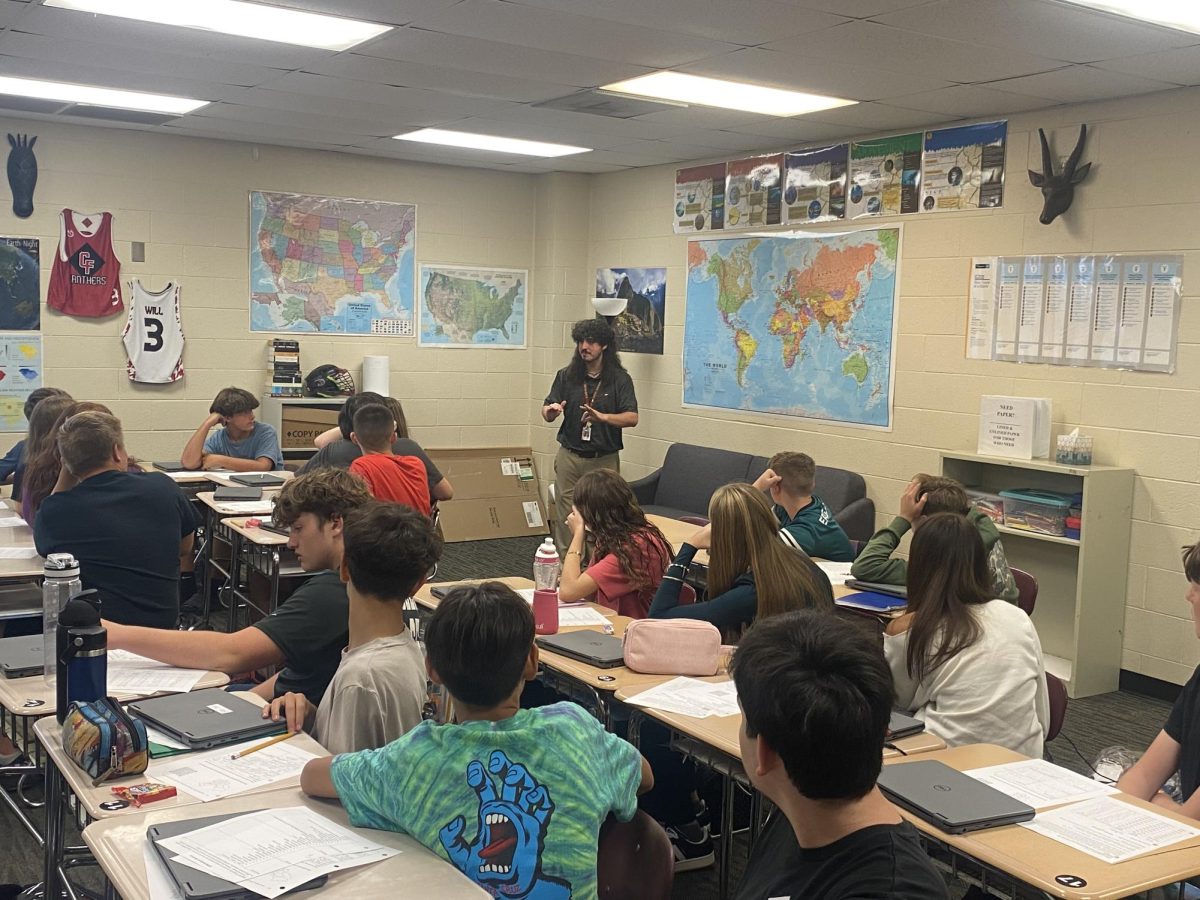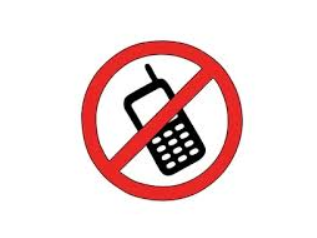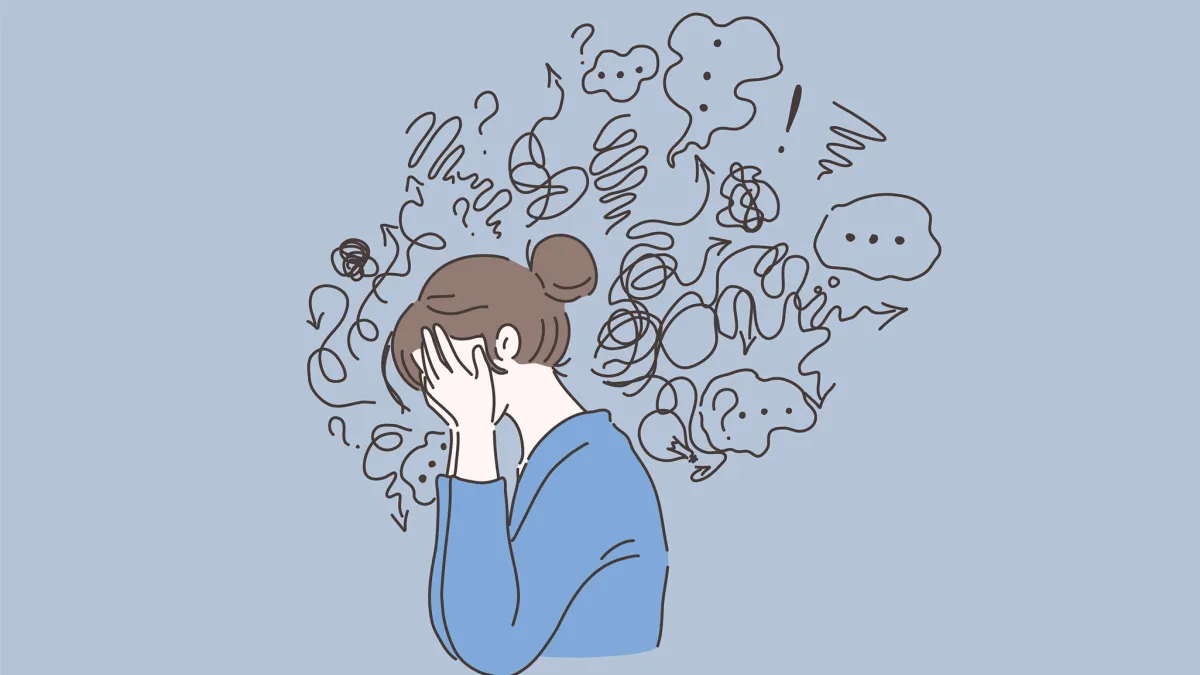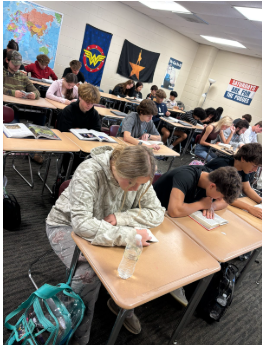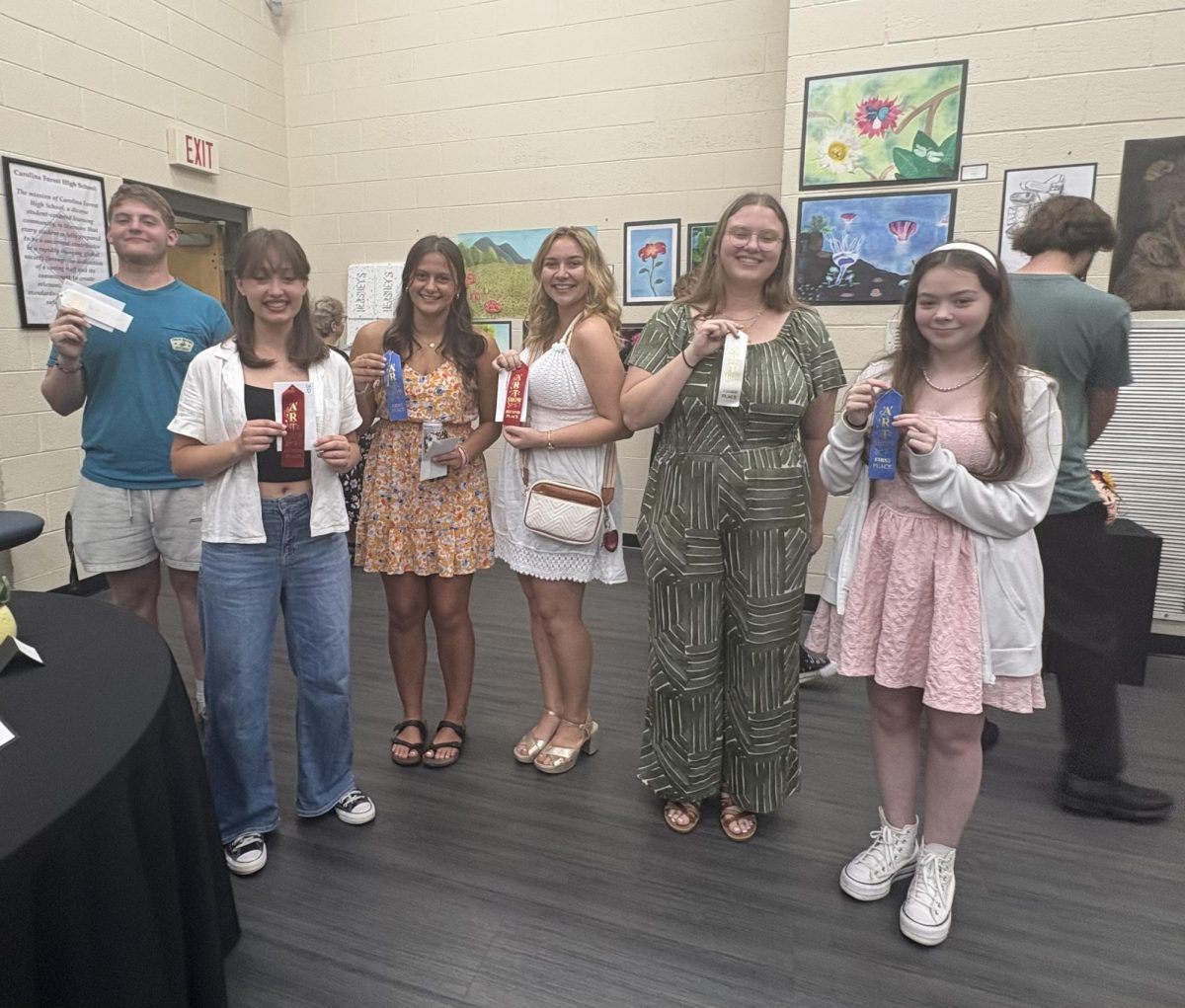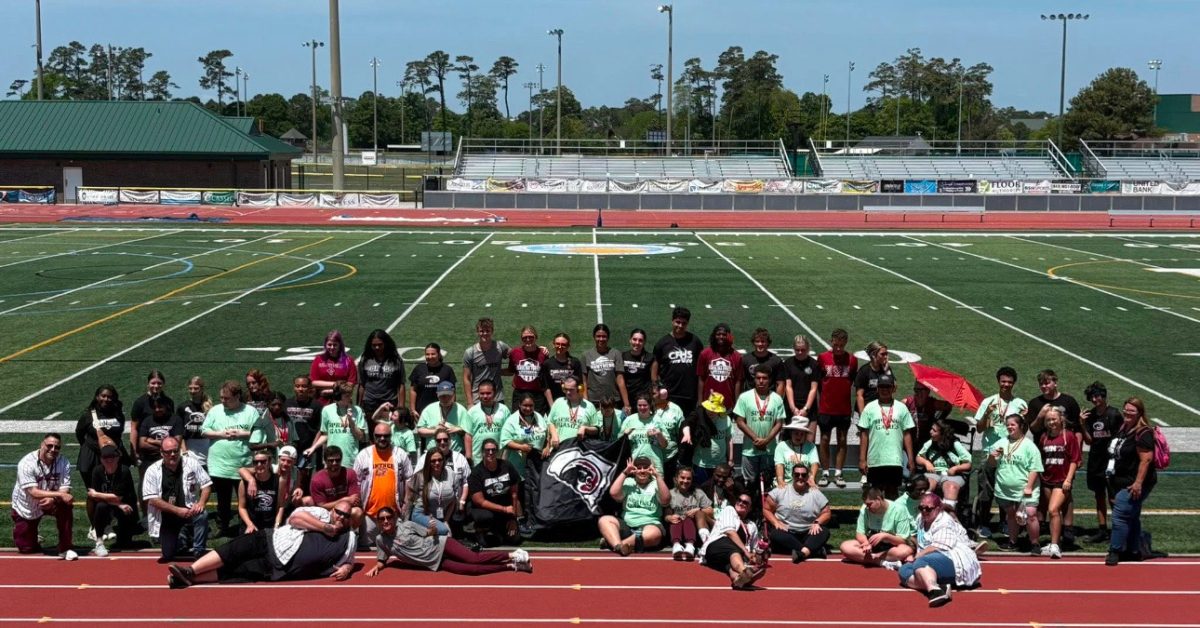
Music is a language that decorates time with eternal sound. It is heard everywhere around the campus of Carolina Forest High School every day. Despite its constant prominence in CFHS, people are drawn away from learning how to make music themselves via picking up an instrument, which usually sprouts from the frustration of not being a master at something immediately; unfortunately, this forces many music programs to deplete in population.
The depletion of music programs is not because of the quality of the program, but by the subconscious fear of the unknown when it comes to a skill as technical as musicianship. Students need to pick up an instrument; any person can become an instrumentalist.
Musicianship and its benefits are not limited to the quality of tone surrounding an instrument and can develop important skills for future endeavors in particular career paths. For example, according to the AMA Journal of Ethics, many proficient doctors were musicians or had a history of playing an instrument.
“The highly refined skills developed in musical training—listening, collaboration, empathy, attention to detail, and aspiration to excellence—are skills that are equally highly valued in the practice of medicine,” claims Lisa M. Wong, an assistant professor for pediatrics at Harvard Medical School.
Furthermore, playing an instrument in high school connects to improvement in grades. Learning to play an instrument provides a therapeutic stimulation of the brain.
“[Students] report an improvement in their well- being, their connection with people, their expression, and that is just a natural part of what music does,” claims Dr Philipa Evans, art professor and lecturer at the University of New South Wales.
According to CFHS’s band directors and students of the band class, these results are accurate.
“Musicianship is a learned skill,” claims CFHS band director Ben Andersen. “It helps tremendously with cognitive function… [and] provides a stimulating multitasking environment. You have to focus on pitch… muscle memory, [and] breathing. [Learning an instrument] helps with many aspects of life.”
“Picking up an instrument has definitely helped me with my life,” emphasized sophomore Avery Craver, a bassoonist. “It has also helped me connect with people who I now hold dearly. I recommend learning an instrument. You don’t have to be fully dedicated to [instrumentality]. Just do it.”
Learning an instrument opens many doors of opportunity. To learn an instrument is to expand the student experience that both provides a fun experience and promises essential skills for future careers.
Image: Google.com

